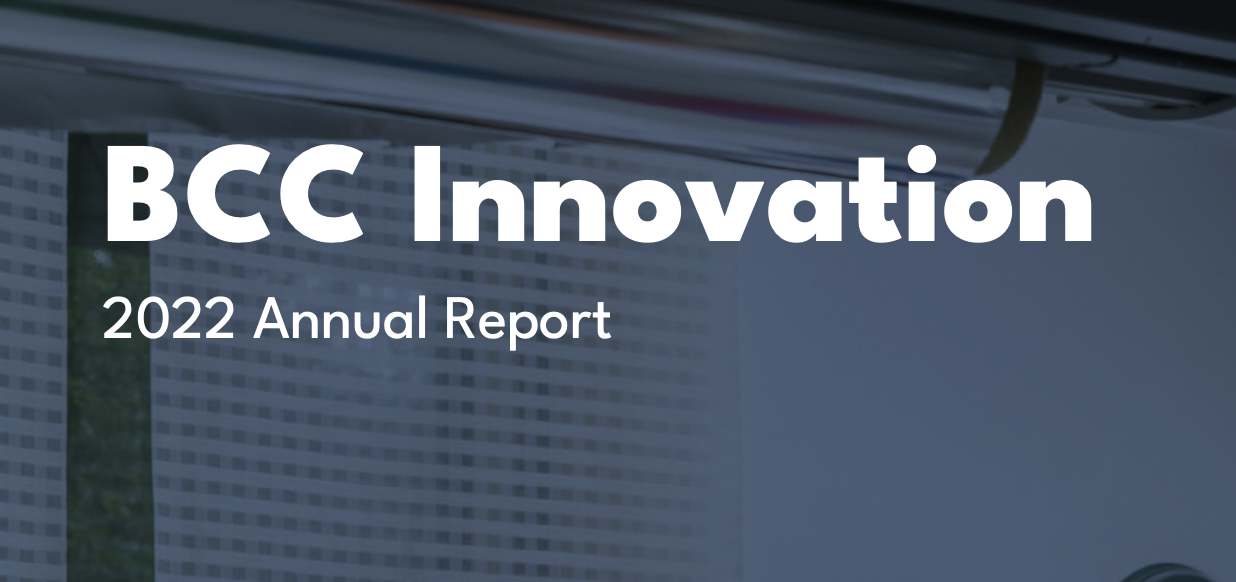BCC Innovation 2022 Annual Report
2022 was a year filled with incredibly interesting projects in which we continued to develop the 360o Gastronomy concept which is both part of our vision and our DNA as a technology centre.
We worked closely with companies that are designing new products which attempt to combine cutting edge developments and culinary science with sustainability and health. Several of the challenges revolved around the use of microalgae or insects as a new source of protein, and, for a further year, we observed how the notion of plant-based foods remains one of the major focuses in the gastronomy and food industry, which led to us continuing our efforts regarding vegan desserts and charcuterie.
In addition, thanks to the Basque Government’s programme for supporting the hospitality industry (also known as HORECA, an acronym of Hotel, Restaurant, and Catering) we collaborated with numerous restaurants and helped them to extend their culinary offering by creating new ranges of meat products, flavoured butters, and organic cheeses and by repurposing surplus vegetables, among other things. As we have been able to observe on a first-hand basis, the food service sector is constantly innovating itself.
In the area of research, we continue to increase our presence in Europe. For example, we are currently working with four countries from the Mediterranean basin on redesigning the selection of food offered in school cafeterias. The goal is to make the food on offer more attractive to children and, in turn, even healthier. The project also pursues an especially aspirational goal; not only is it contributing to improving the health of future generations but at the same time it is helping to revive culinary techniques and customs that had fallen into disuse, helping to preserve our cultural heritage. This is an aspect that is extremely relevant to the concept of gastronomy we foster at BCC Innovation and thus makes the project very special for us.
Over the course of the last few years, we have gone deep into the woods and undergrowth of the Iberian Peninsula, into the mountains and the most typical landscapes of its different regions, with the intention of categorising the small treasures they hold: their wild plants. Garlic mustard (Alliaria petiolata), wood sorrel (Oxalis acetosella), apple mint (Mentha suaveolens), plants of the Malva genus and dandelions (the Taraxacum genus) contribute the required touch of freshness, acidity, a bitter taste or spiciness to the culinary creations we prepare. We recorded all this scientific and culinary knowledge about wild plants in the book Silvestre: La Gastronomía de las Plantas, which was published in 2022.
Gastronomy’s great transformational capacity at a socio-economic level led us to travel during the year to countries such as Ecuador, Jamaica, and Israel.
In one case, our goal was to foster research, innovation, and entrepreneurship, creating a more robust value chain; in another, it was to showcase the richness of the raw materials found in the country. Lastly, we wanted to connect our ecosystem with other leading innovation ecosystems, because in today’s environment, innovation must be open and collaborative.
All of this was possible thanks to a magnificent team comprising chefs and researchers who put their creativity, expertise, and passion into everything we do at BCC Innovation.
Begoña Rodríguez, Director of BCC Innovation


